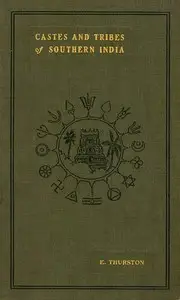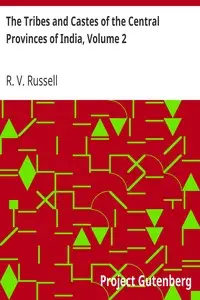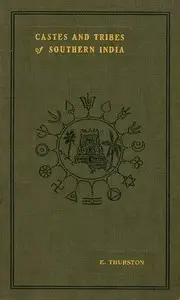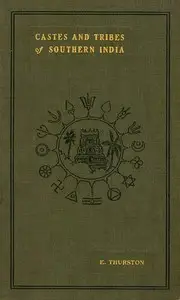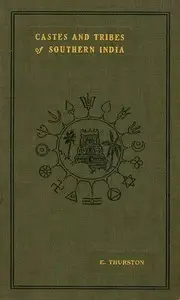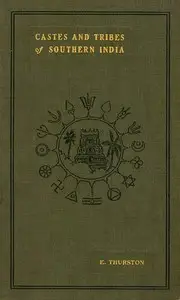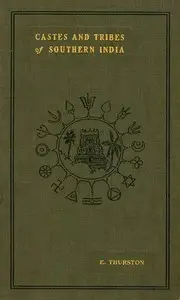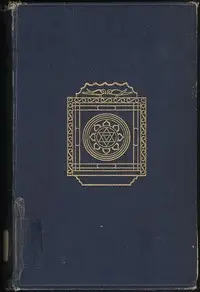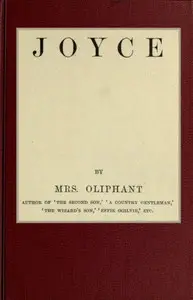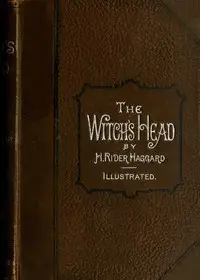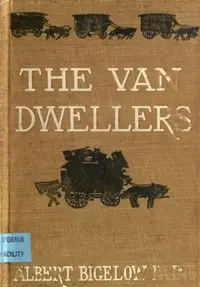"Castes and Tribes of Southern India. Vol. 3 of 7" authored by Edgar Thurston, is a detailed exploration of early 20th century South Indian communities. This volume presents an account of the lives, customs, and social frameworks of the Kabberas and Kadirs. The Kabberas, primarily fishermen and farmers, are examined in relation to their social distinctions, marriage traditions, and religious rituals, also highlighting their methods of fishing and occupational differences. Following this, the Kadirs are portrayed, focusing on their wanderings, forest-dependent activities, like honey gathering, and specific cultural traits, such as climbing techniques, food choices, and burial customs. The book is a look into the complexity of Southern India’s castes and tribes, suitable for those interested in anthropology and Indian culture.
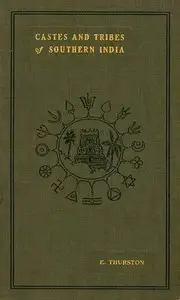
Castes and Tribes of Southern India. Vol. 3 of 7
By Edgar Thurston
Discover the unique lifestyles, traditions, and social structures of two distinct communities in early 20th century Southern India.
Summary
About the AuthorEdgar Thurston was the British Superintendent at the Madras Government Museum from 1885 to 1908 who contributed to research studies in the fields of zoology, ethnology and botany of India, and later also published his works at the museum. Thurston was educated in medicine and lectured in anatomy at the Madras Medical College while simultaneously holding a senior position at the museum. His early works were on numismatics and geology, and these were later followed by researches in anthropology and ethnography. He succeeded Frederick S. Mullaly as the Superintendent of Ethnography for the Madras Presidency.
Edgar Thurston was the British Superintendent at the Madras Government Museum from 1885 to 1908 who contributed to research studies in the fields of zoology, ethnology and botany of India, and later also published his works at the museum. Thurston was educated in medicine and lectured in anatomy at the Madras Medical College while simultaneously holding a senior position at the museum. His early works were on numismatics and geology, and these were later followed by researches in anthropology and ethnography. He succeeded Frederick S. Mullaly as the Superintendent of Ethnography for the Madras Presidency.

